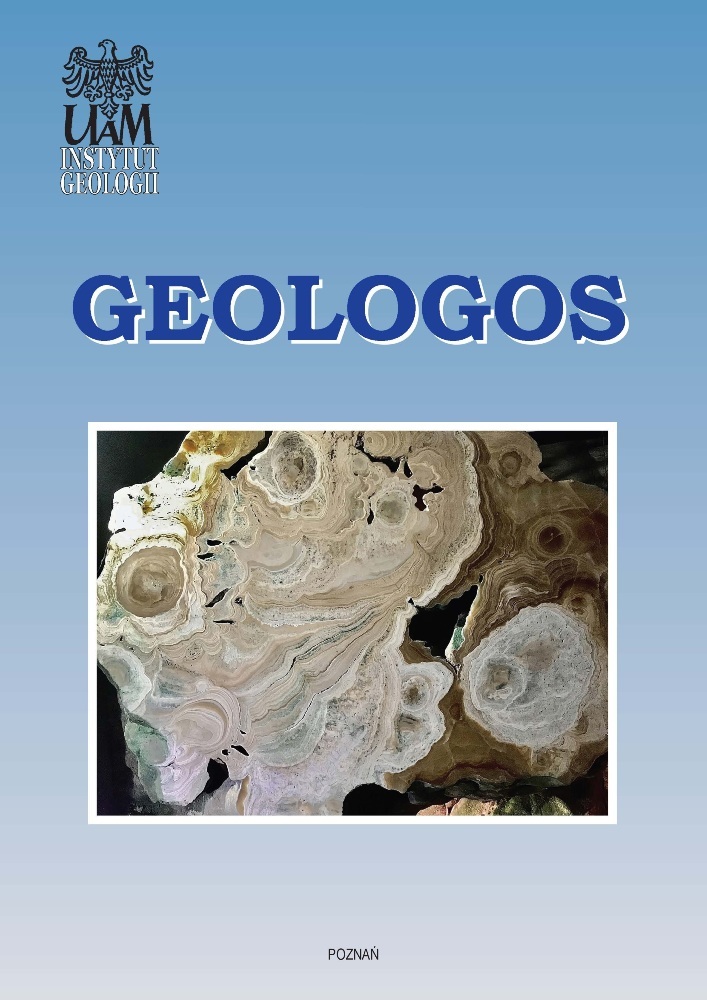Abstract
Knowledge of uncertainty in analytical results is of prime importance in assessments of compliance with requirements set out for the quality of water intended for human consumption. Assessments of drinking water quality can be performed using either a deterministic or a probabilistic method. In the former approach, every single result is referred directly to the parametric value, while in the probabilistic method uncertainty related to analytical results is taken into account during the decision-making process. In the present research, laboratory uncertainty and uncertainty determined on the basis of results of analyses of duplicate samples collected in two Polish cities were compared and used in the probabilistic approach of water quality assessment. Using the probabilistic method, more results were considered to be “above the parametric value”. Most excesses were observed when the maximum allowable uncertainty as set out in the Regulation of the Minister of Health of 7 December 2017 was used, which is due to the highest values of these uncertainties. The lowest values above parametric values in the probabilistic approach were observed when measurement uncertainty was considered.
References
Demetriades, A., 2010. Use of measurement uncertainty in a probabilistic scheme to assess compliance of bottled water with drinking water standards. Journal of Geochemical Exploration 107, 410–422.
EC, 1998. Council Directive 98/83/EC of 3 November 1998 on the quality of water intended for human consumption. Official Journal of the European Communities 330, 1–23.
EC, 2018. Proposal for a Directive of the European Parliament and of the Council on the quality of water intended for human consumption (recast). COM/2017/0753 final – 2017/0332 (COD).
Ellison, S.L.R. & Williams, A. (Eds), 2007. Use of uncertainty information in compliance assessment. Eurachem/CITAC guide.
Garrett, R.G. & Goss, T.I., 1980. UANOVA: a Fortran IV program for unbalanced nested analysis of variance. Computers & Geosciences 6, 35–60.
ISO, 2016a. ISO 5667-14: Water quality – Sampling – Part 14: Guidance on quality assurance and quality control of environmental water sampling and handling.
ISO, 2016b. ISO 17294-2: Water quality – Application of inductively coupled plasma mass spectrometry (ICP-MS) – Part 2: Determination of selected elements including uranium isotopes.
Kmiecik, E., 2011. Metodyczne aspekty oceny stanu chemicznego wód podziemnych [Methodological aspects of assessing the chemical status of groundwater]. Wydawnictwa AGH 230, 161–172.
Kmiecik, E., 2018. Analytical procedures for ion quantification supporting water treatment processes. [In]: J. Bundschuh & B. Tomaszewska (Eds): Geothermal water management. CRC Press, 83–112.
Ramsey, M.H. & Ellison, S.L.R. (Eds), 2007. Measurement uncertainty arising from sampling: A guide to methods and approaches. Eurachem/CITAC Guide, Eurachem.
RMH, 2017. Rozporządzenie Ministra Zdrowia z dnia 7 grudnia 2017 r. w sprawie jakości wody przeznaczonej do spożycia przez ludzi [Regulation of the Minister of Health on the scope on quality of water intended for human consumption, the Act of 7 December 2017]. Dz.U. 2017 poz. 2294.
Rusiniak, P., Wątor, K. & Plata, J., 2017. Deterministic and probabilistic approaches to the denomination of the hydrochemical type of potentially medicinal ground-water from the “Zdrój Główny” intake (Krzeszowice, Poland). Geology, Geophysics & Environment 4, 303–309.
Wątor, K., Kmiecik, E. & Tomaszewska, B., 2016. Assessing medicinal qualities of groundwater from the Busko-Zdrój area (Poland) using the probabilistic method. Environmental Earth Sciences 75, 1–13.
WHO, 2011. Guidelines for drinking-water quality – 4th ed. 1. Potable water – standards. 2. Water – standards. 3. Water quality – standards. 4. Guidelines. World Health Organization, Geneva.
License
Copyright (c) 2019 Katarzyna Wątor, Ewa Kmiecik, Adam Postawa, Piotr Rusiniak

This work is licensed under a Creative Commons Attribution-NonCommercial-NoDerivatives 3.0 Unported License.
